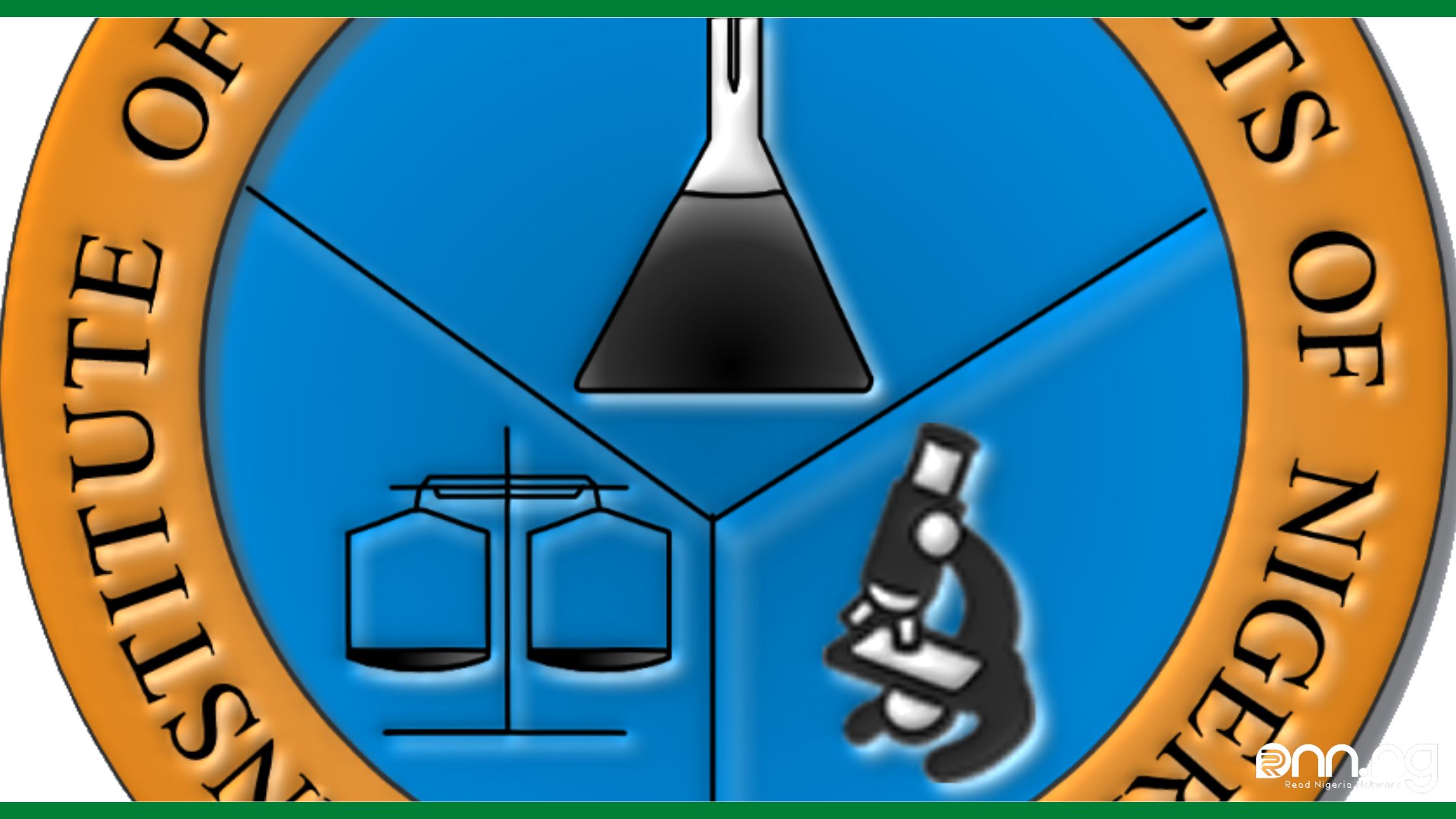Business News
IPAN, stakeholders to Restructure agro-allied sector
According to the institute, numerous initiatives are being made in conjunction with stakeholders to revitalize the agro-allied sector…

The Institute of Public Analysts of Nigeria stated that in order to reduce Nigeria’s reliance on oil, the nation must address problems limiting the growth of its agro-allied industry.
According to the institute, numerous initiatives are being made in conjunction with stakeholders to revitalize the agro-allied sector through laboratory analysis, which is termed a quality indicator for acceptance in both domestic and international markets.
This information was made public by the Registrar, Mr. Aliyu Angara, at the Mandatory Continuous Professional Development Workshop and celebration of the institute’s 30th anniversary in Akure, the state capital.
Laboratory analysis: A crucial quality control measure for the acceptance of agro-allied products was the workshop’s theme.
The registrar said “The workshop which is part of IPAN’s contribution to national development is a practical approach to resolve the challenges in the agro-allied sector of the economy that fall within the ambit of laboratory Analysis of produces, products, pesticides, herbicides, soil, and other related matters.
“Ultimately, this will drastically improve and bring to global standards such agro-allied products that are meant for local consumption and exportation.”
Prof. Edward Olanipekun, vice chancellor of Ekiti State University in Ado-Ekiti, stressed the need for the IPAN to step up efforts to interact with various government organs in order to seek out collaborative support and strategies by which organizations could benefit most from the African Continental Free Trade Agreement in his keynote speech.
READ MORE: NGX set to host Made of Africa Awards
He said, “Our economy, which was largely dependent on agriculture in the 60s and early 70s, suddenly became hydrocarbon-dependent at the detriment of the agricultural and other non-oil sectors of the economy.
“Despite its huge natural endowments, the neglect of Nigeria’s vast agricultural potentials, which used to be its biggest foreign exchange earner, coupled with non-exploitation of the vast solid minerals potentials, perfectly fits into the paradox of resources curse.”
State Governor Rotimi Akeredolu praised the institute in his speech for its accomplishments in preventing the entry of subpar goods onto Nigerian markets as well as in other areas of its mandate.
“It is a known truth that Mandatory Continuous Professional Development assists professionals to stay in tune with changing practices and growing trends in their professions,” the governor stated, appearing at the session through his chief of staff, Olugbenga Ale.
“Having this fact in mind, our administration has continued to place a premium on the training and re-training of its workforce and has committed huge resources to the training of all categories of workers both locally and internationally.”
